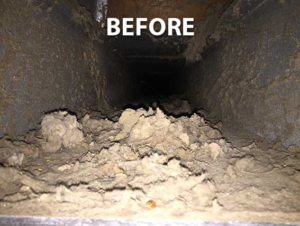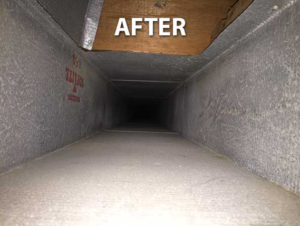Want to save with Paschal? Don’t miss our current offers and specials

Want to save with Paschal? Don’t miss our current offers and specials
We take immense pride in our legacy of over half a century of service excellence, establishing ourselves as the preferred provider of indoor air and water quality services.
Schedule ServiceThe Paschal Indoor Air Quality team is experienced in all things that help you breathe better in your home. We offer a number of services & products that will help you increase the lifespan and efficiency of your HVAC system, reduce the amount of dust, debris, and germs within your home, and help you save money. When health is your #1 concern, Paschal is here to help.
Dust, dead skin, pollen, vehicle exhaust, pet dander, dust mite feces, smoke, hair, plant matter
Cooking odors, pet smells, cigarettes, sink or drain smells, trash odors, “stale” air
Bacteria, mold, yeasts, mites, viruses, fungus, toxins,
Paints, glues and varnishes, adhesives, furniture and office equipment, cleaning supplies, wood preservatives, carpet emissions, chemicals
The average home loses up to a third of indoor air due to leaking ductwork. This can cause uneven cooling and heating throughout your home, high utility bills, and consistently poor air quality. Paschal Air, Plumbing & Electric can help homeowners resolve this problem with professional duct sealing services.
It can be difficult to realize you have an issue in the duct system since most of your ductwork is located behind your ceiling or walls, or in the attic. So when you start to experience energy inefficiencies or poor air quality, you may think the problem is coming from your heating or cooling equipment.
Our experts will take the time to conduct air leak tests to identify the source of your indoor comfort problem and present you with an accurate solution.
By setting up UV lights in the right places in your HVAC system, you can enjoy a significant reduction of airborne pathogens in your home. UV air sanitizers can remove up to 99.9 percent of pathogens such as bacteria and viruses, reducing your chances of easily getting sick from the cold or the flu.
Another benefit to having UV air sanitizers is the ability to prevent the spread of mold spores. Your duct system and your air conditioner, in particular, are prime locations for mold growth. Strategically placed UV lights can help keep mold growth at bay and keep your indoor air clean.
UV air purification can also help with improved airflow and more efficient odor control.

